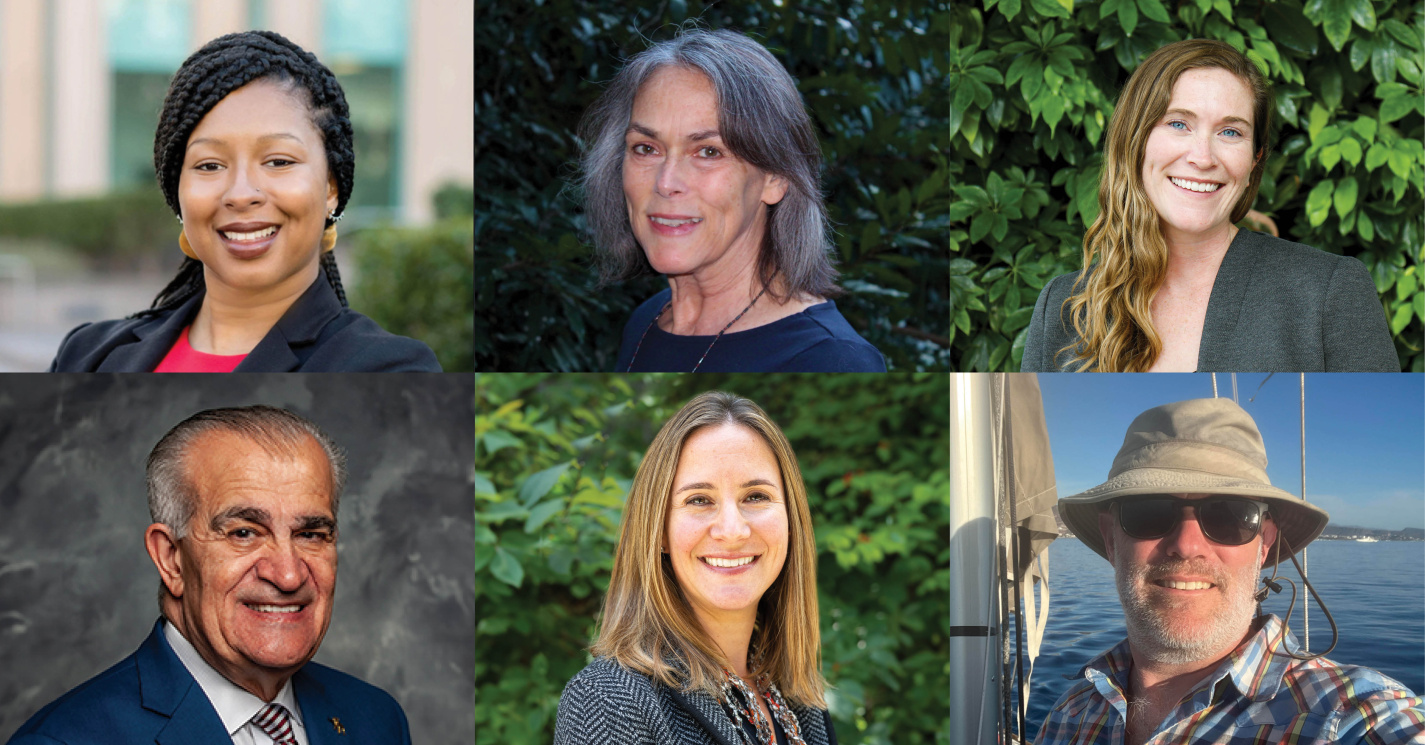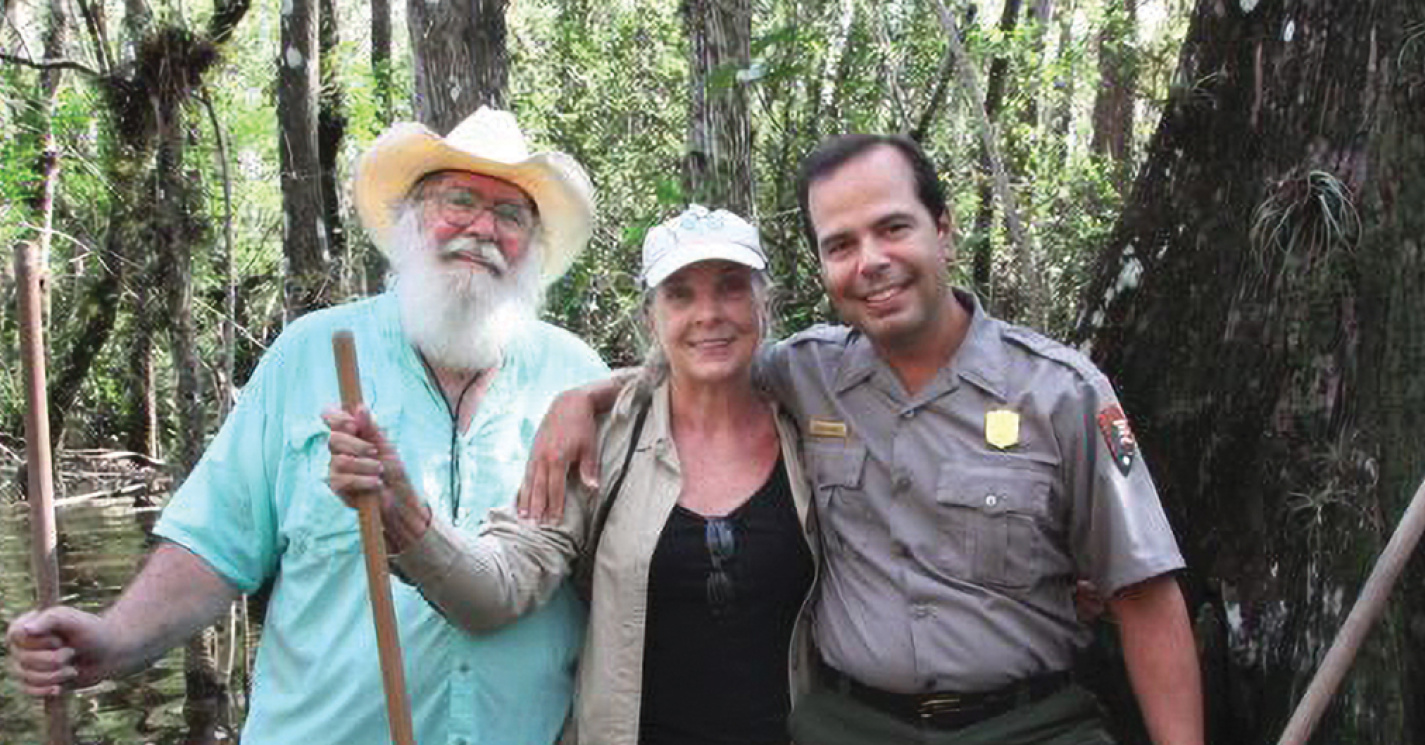FEATURE STORIES

Meeting the Future of Energy Access in Malawi
Most rural Malawians lack access to sustainable and affordable modern energy services and products. SEAS Professor Pam Jagger, a political economist, and Professors Charles Jumbe and Thabbie Chilongo, development economists at the Center for Agricultural Research and Development at the Lilongwe University of Agriculture and Natural Resources in Malawi, are working on several studies focused on energy access. Their collaboration produces research that is used to inform policy and program development in Malawi.

How a Warming World Could Affect Bird Development
SEAS master’s student Isaac Smith, who focuses on avian conservation, spent two months at the U-M Biological Station conducting a nest-warming experiment that he hoped would offer additional clues about how birds respond to climate change.

Pieces of the Climate Resilience Puzzle: Social Connectivity, Emotional Well-being, Positivity and Hope
Due to human-driven climate change, it’s predicted that in the coming years, global temperatures will surge to record levels. This is where climate resilience comes into play. The social aspect of climate resilience has been the focus of Jess Lasoff-Santos’ research at SEAS for nearly 10 years.
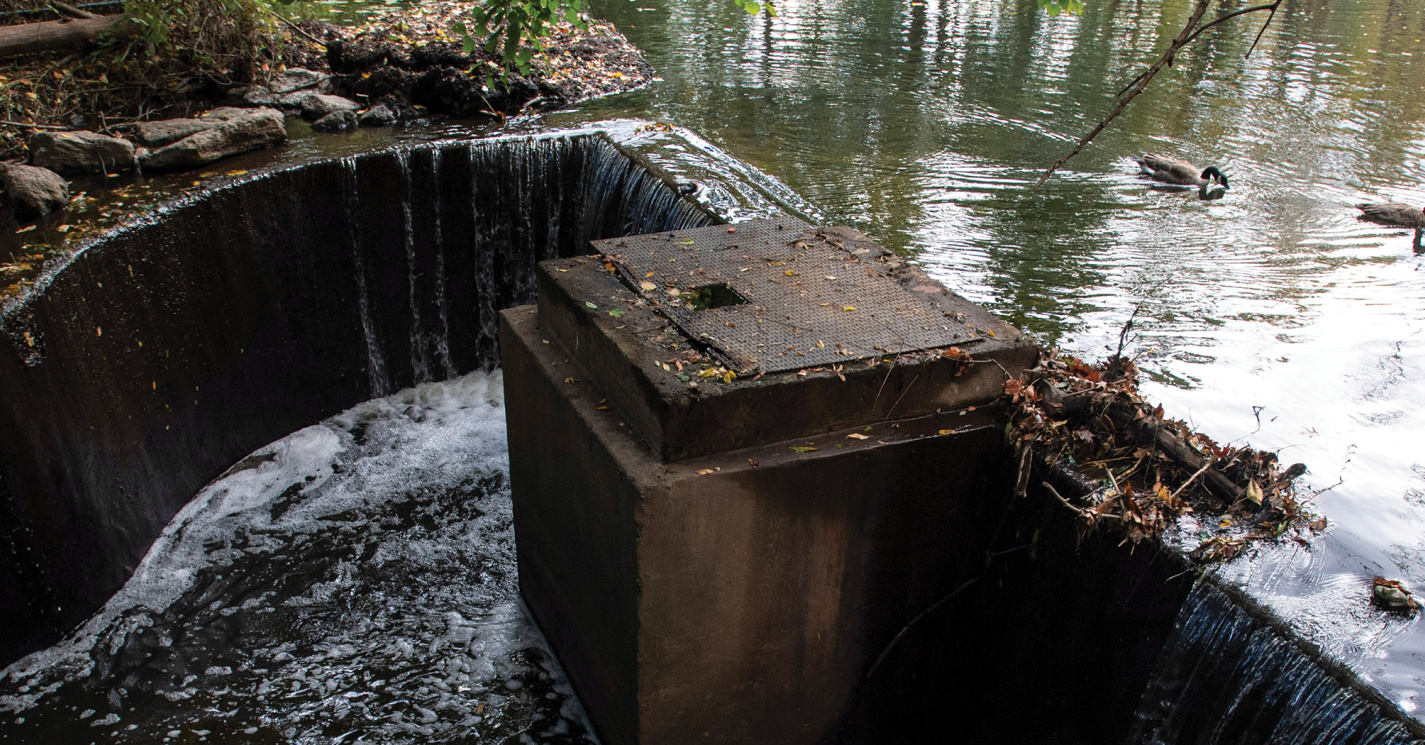
‘Daylighting’ NYC's Tibbetts Brook: MLA Alumna Helps Unearth Stream from 1912 to Combat Stormwater Overflow
Tibbetts Brook, a long-buried stream in New York City that flows from Yonkers to the Bronx, soon will be resurfaced above ground as part of an ambitious daylighting project that will reduce the city’s combined sewer overflow into the Harlem River. SEAS grad Amy Motzny (MLA ’15) is serving as the Tibbetts Brook project manager.
DANA SPHERE
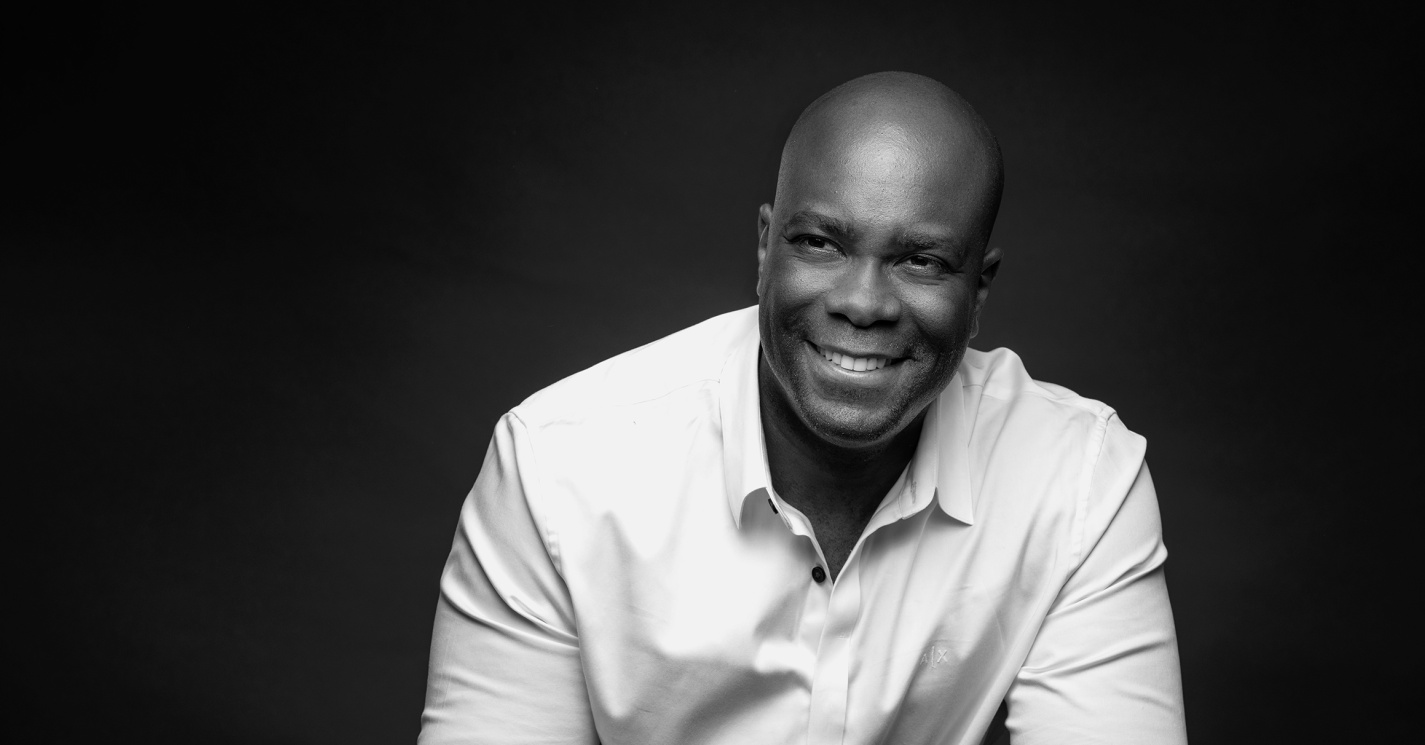
4 Questions: Cedric Taylor
SEAS Visiting Associate Professor Cedric Taylor is a sociologist and documentary filmmaker who focuses on racial health disparities, environmental justice and visual sociology. He is the director and co-producer of “Nor Any Drop to Drink: Flint’s Water Crisis.”
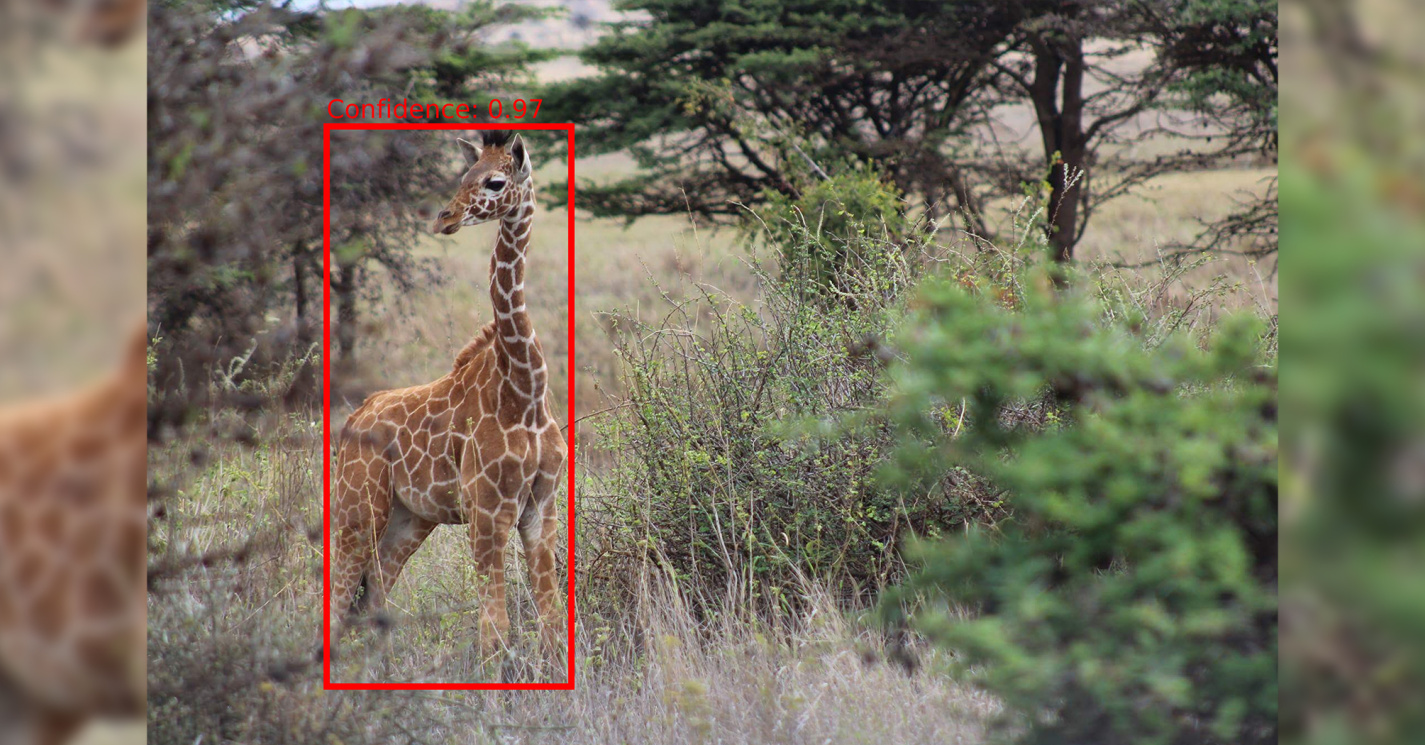
Using AI to Accelerate Wildlife Conservation Efforts
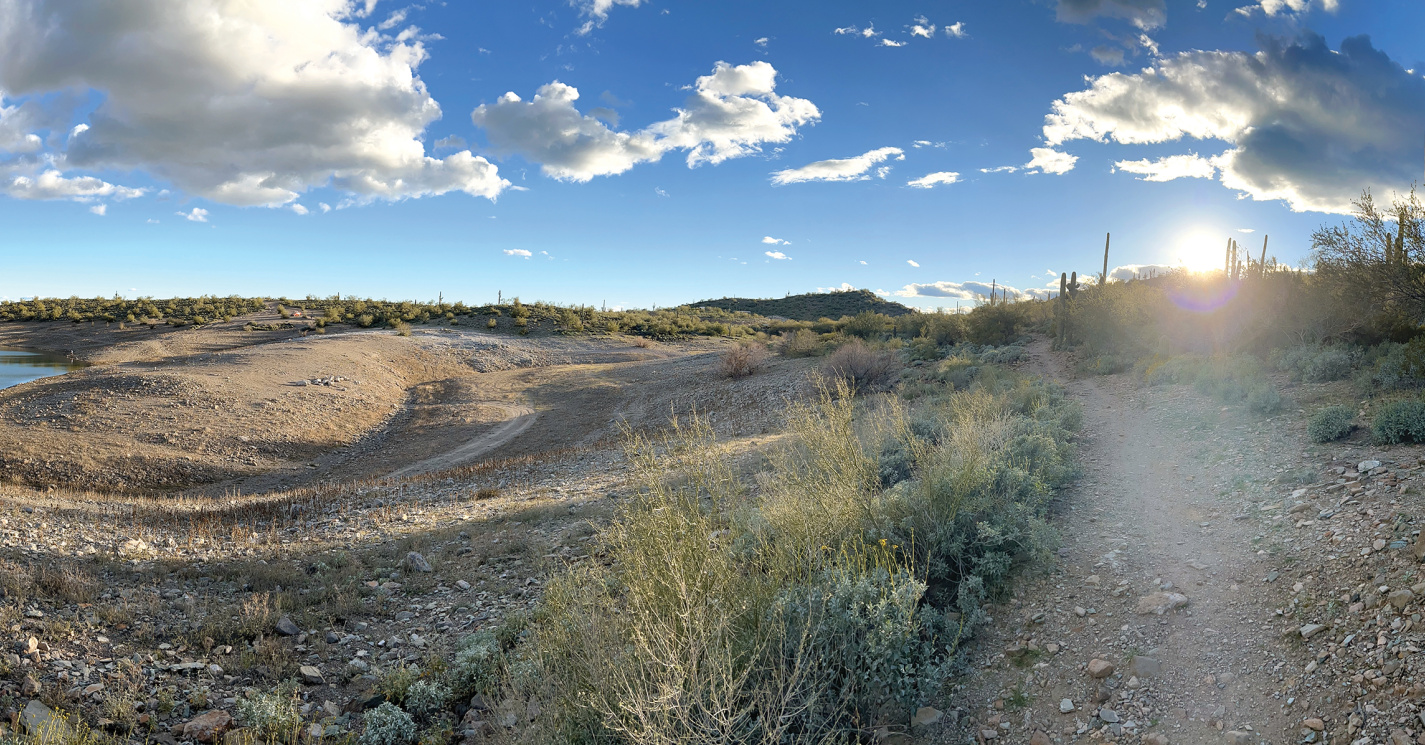
Faculty Perspective: The Future of Water in a Changing Climate
SEAS Associate Professor and hydrologist Drew Gronewold is interested in understanding how climate change and changes in different rates of water use impact water supplies and water levels across Earth’s large lakes and freshwater systems.
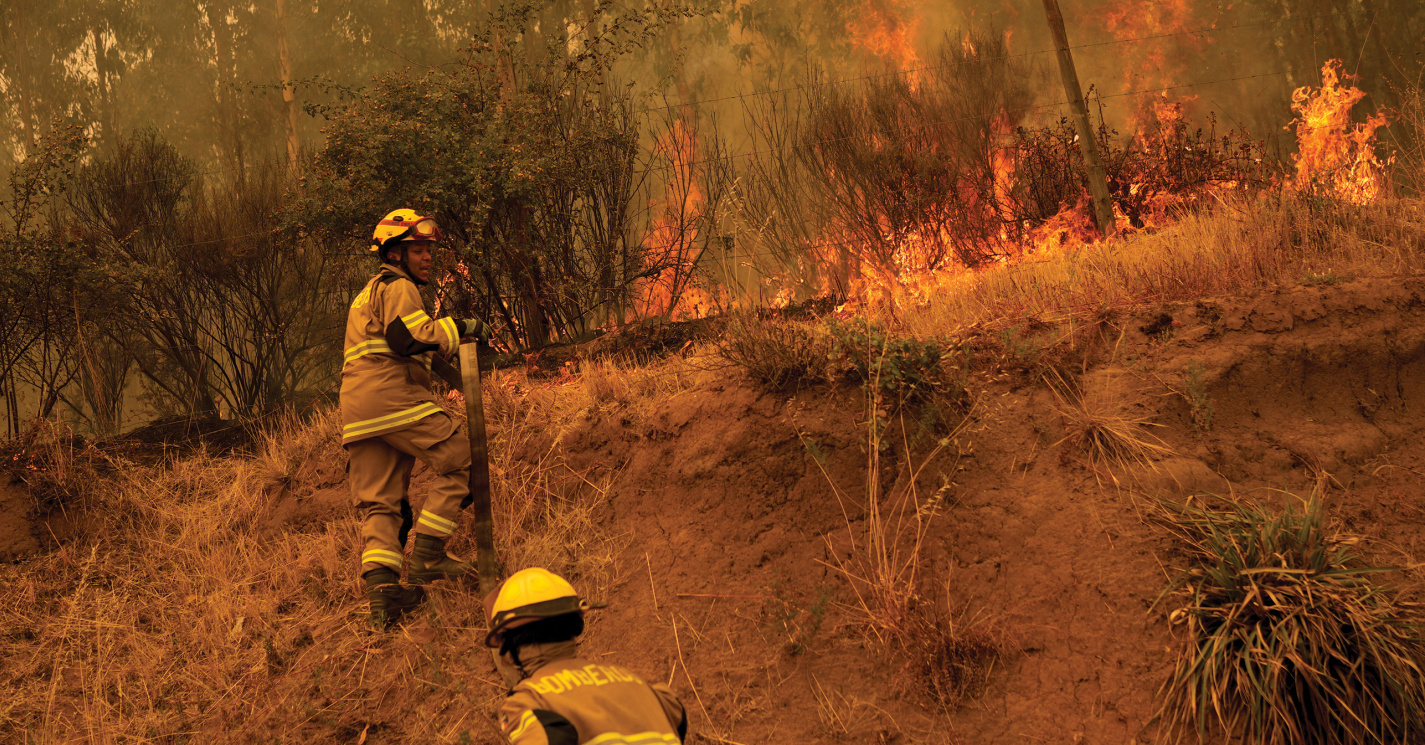
Addressing the Growing Wildfire Problem in Chile
In early 2023, wildfires were raging in Chile, which isn't unlike what the U.S. has experienced with more frequency in recent years, particularly in the western part of the country. SEAS Associate Professor Paige Fischer says that when it comes to how climate change is impacting wildfires, the U.S. West and Chile have quite a bit in common.
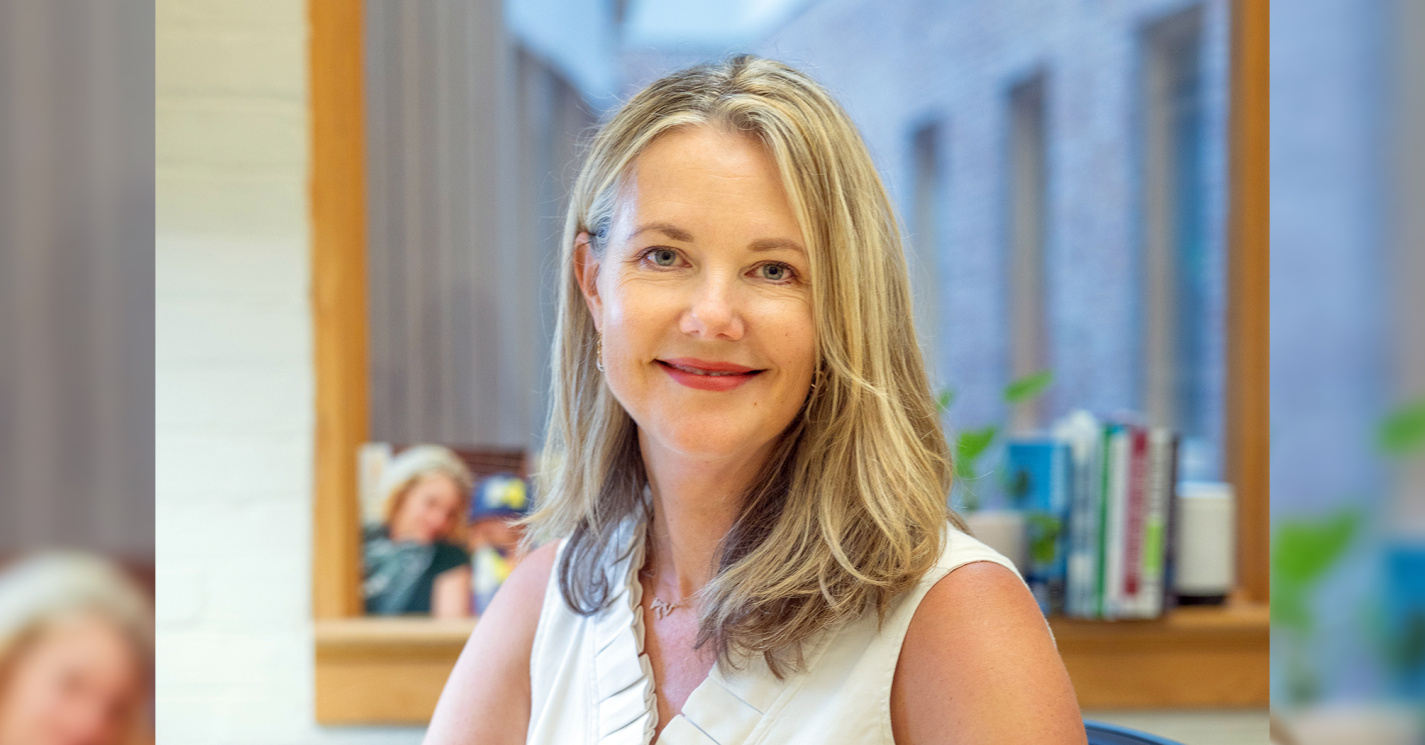
Liesl Eichler Clark to Lead Climate Action Engagement
As U-M’s first director of climate action engagement, Liesl Eichler Clark is leading an initiative aimed at linking the university’s expanding sustainability research, collaborations and engagement with external partners to accelerate climate action in Michigan and beyond.
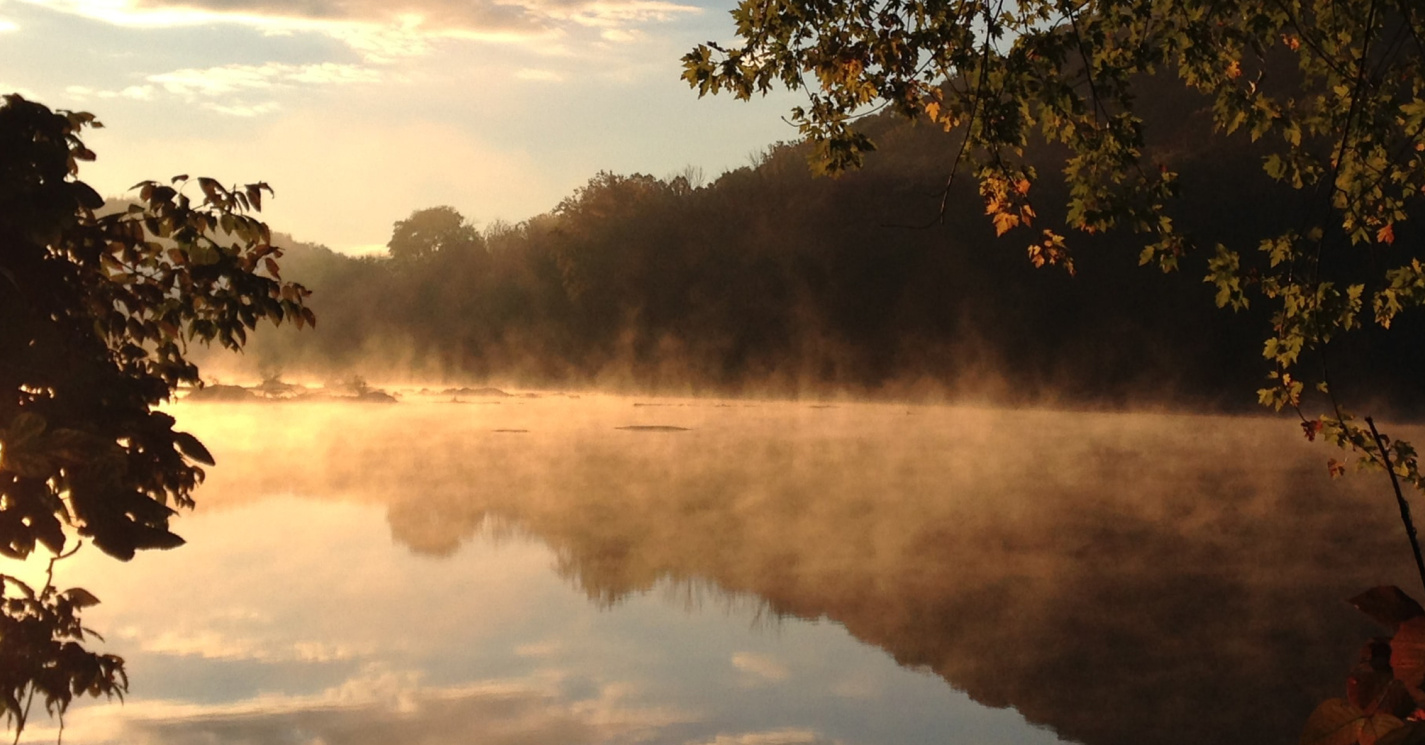
The Weinberg Influence: Giving SEAS Students a Career Boost
ALUMNI UPDATES
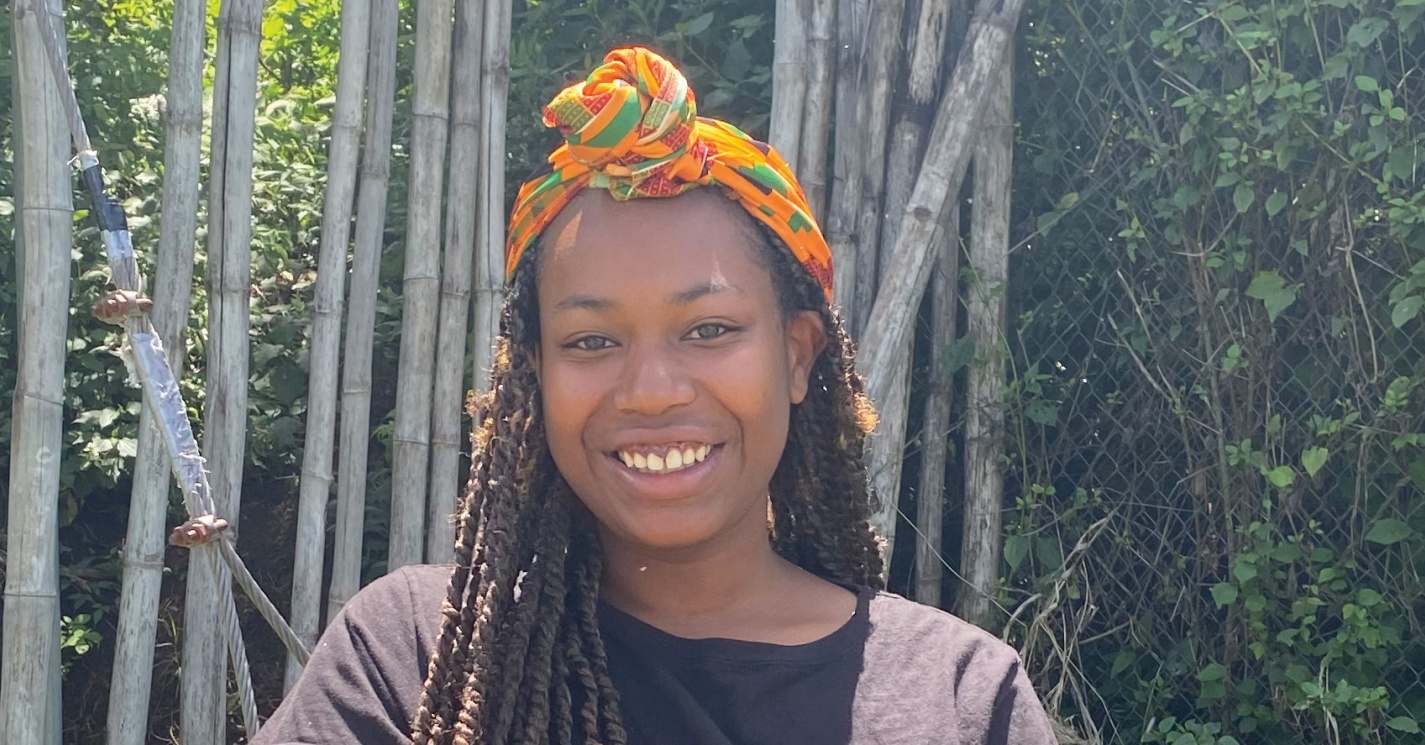
Frances Arthur (MS ’22)
We all use energy in our daily lives, but how often do we stop to think about what it takes for that energy to be produced and then transmitted to us? Frances Arthur (MS ’22), an analyst at Daymark Energy Advisors, is doing the thinking for you.
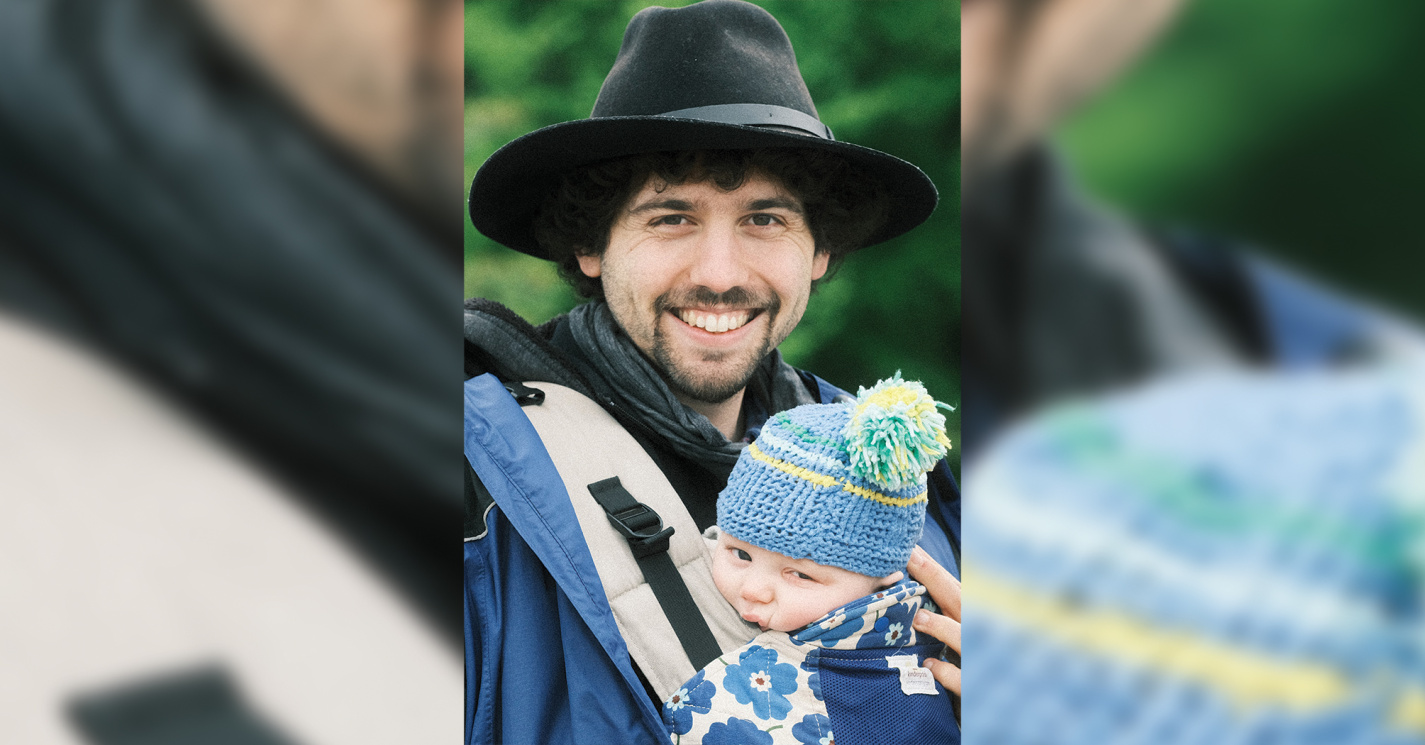
Elliott Kurtz (MS ’17)
Elliott Kurtz (MS ’17), a senior geospatial analyst at Chesapeake Conservancy, gives credit to his father for helping him discover his career path. His dad convinced him to take a Geographic Information Systems class in his sophomore year of college, which led him to SEAS.
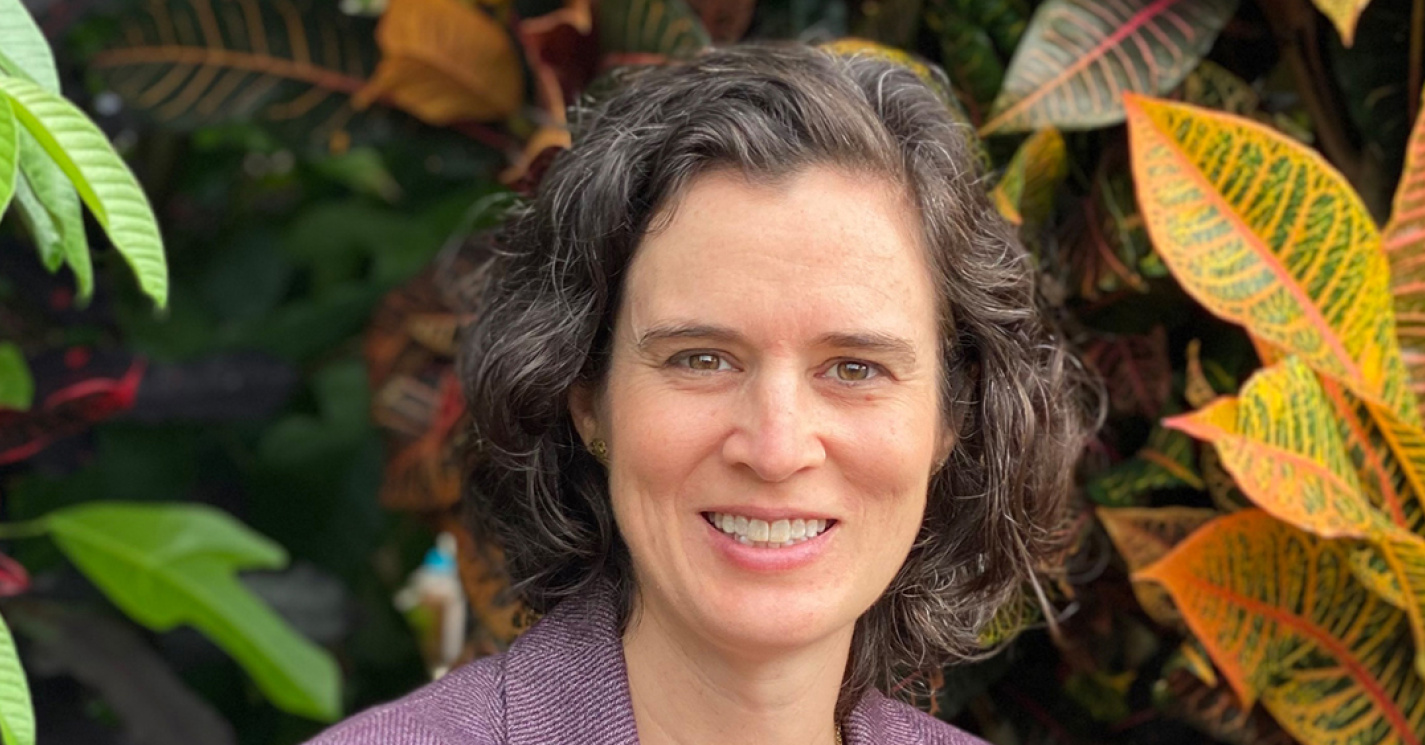
Carly Edwards (BS ’04)
When facing global challenges, Carly Edwards (BS ’04) believes in working—from the ground up. And that’s just what she’s doing as the CEO of Ground Up Ghana, a food manufacturing social enterprise that develops plant-based food ingredients from underutilized, climate-friendly crops grown by rural women farmers in northern Ghana.
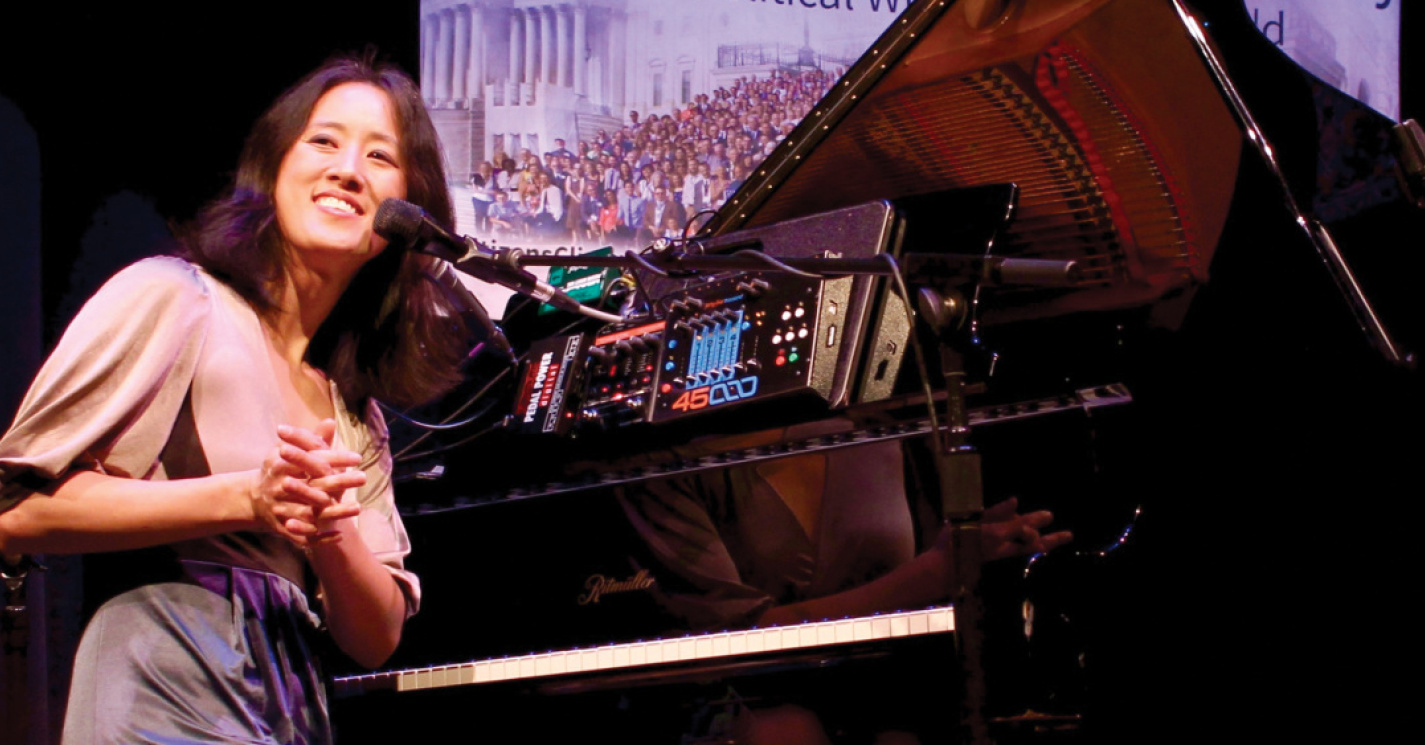
Cynthia Shih/Vienna Teng (MS/MBA ’13)
Singer-songwriter Cynthia Shih (MS/MBA ’13) travels the world playing her soulful indie pop music to audiences large and small. Performing under the stage name Vienna Teng, Shih draws inspiration for her songs from the world around her, including climate issues.
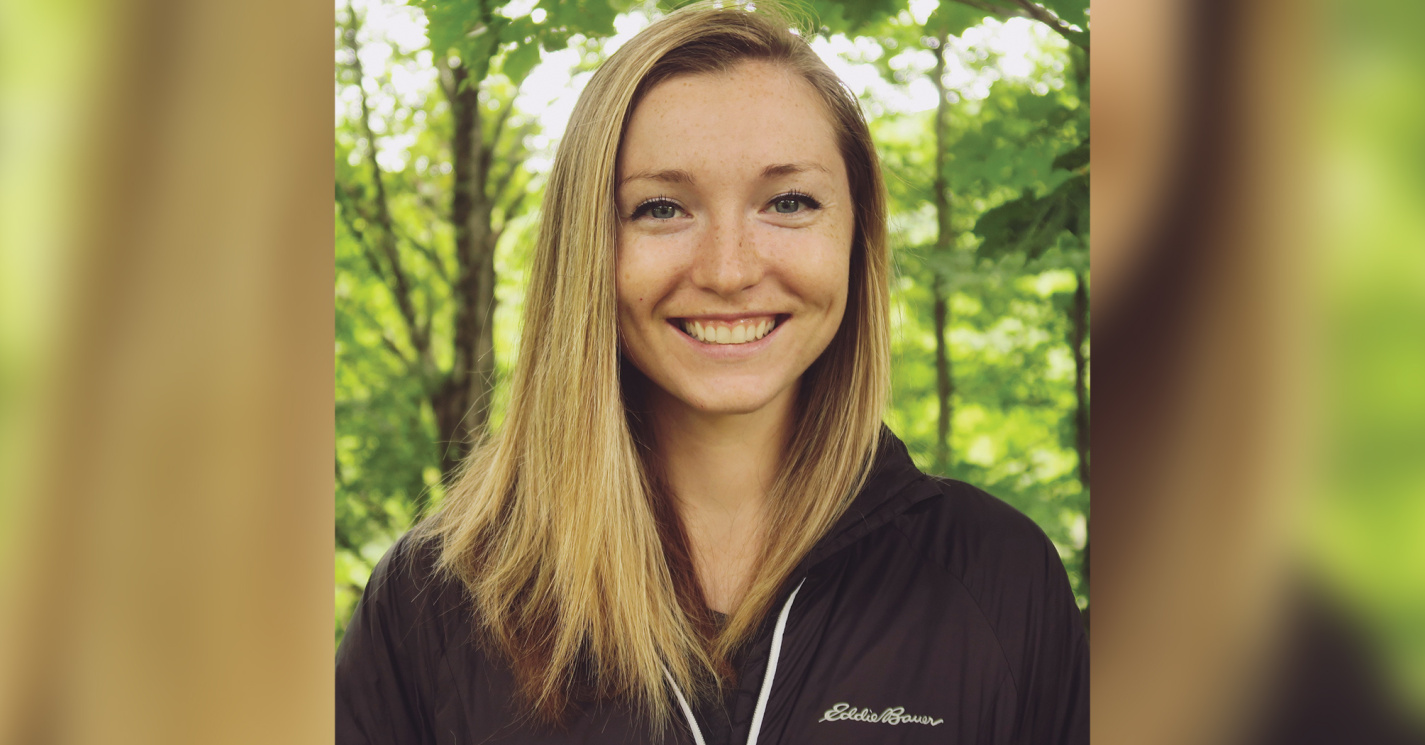
Jennifer Fuller (MS ’21)
As the project coordinator at the National Audubon Society, Jennifer Fuller (MS ’21) recalls that her childhood dream of becoming a wildlife biologist was kindled by a love of nature. As a graduate student, she discovered how that dream would take flight.
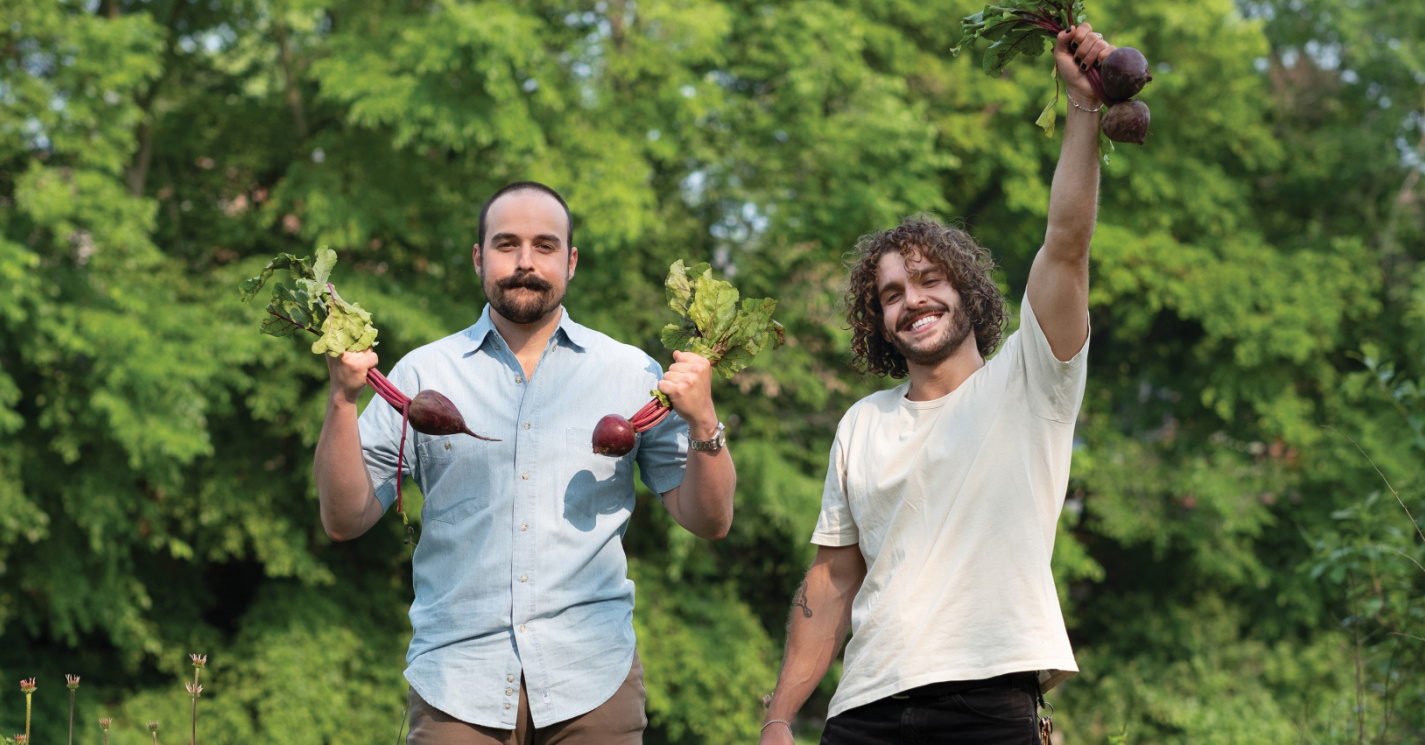
Aaron Brodkey (BA ’18) and Theo Mourad (BA ’19)
You’ve heard of beef jerky. But what about beet jerky? If U-M graduates and longtime friends Aaron Brodkey (BA ’18) and Theo Mourad (BA ’19) have their say, their vegan jerky will become everyone’s go-to healthy snack.

Tao Zhang (MS/MLA ’08)
U-M is planning for the future of the Ann Arbor campus, with plans to reimagine the physical environment in ways that manifest the university’s strategic vision. Campus Plan 2050 has six focus areas, and Tao Zhang (MS/MLA ’08) is leading the effort for one devoted to Landscape + Open Space.

Elizabeth Wallace (MS/MBA ’22)
Growing up, Elizabeth Wallace (MS/MBA ’22) watched as her mom ran an environmental education nonprofit in her free time. Her mom’s passion made it clear to Wallace that this work was important, thought it was less clear that working in nonprofits could be her career path. A defining trip to Chile shifted Wallace's view after a powerful earthquake struck.
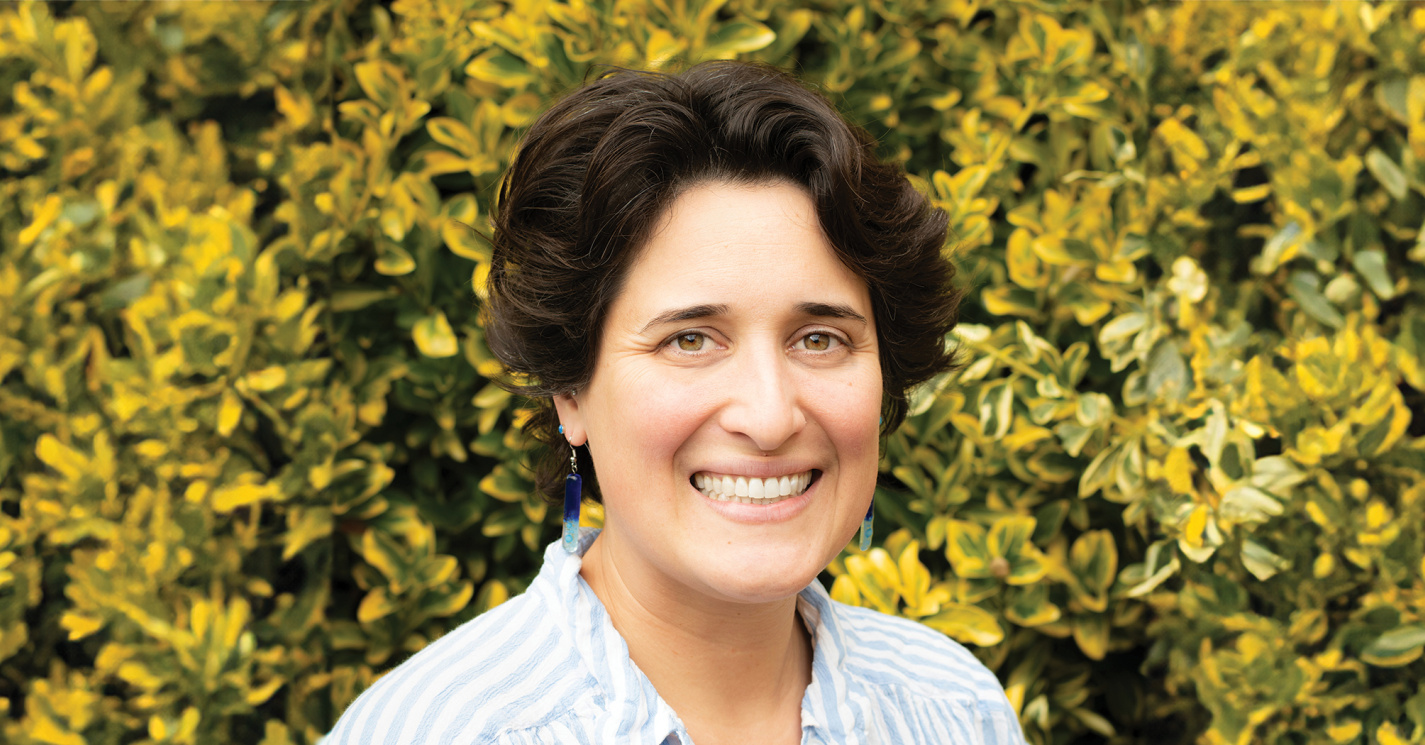
Hayley Currier (MS ’18)
Hayley Currier (MS ’18) says it’s meaningful working on big-picture environmental issues, even if the results aren’t immediately noticeable. Currier is a policy manager at Save the Bay, a nonprofit organization whose mission is to protect and restore the San Francisco Bay through political advocacy, habitat restoration and education.

Eshanthi Ranasinghe (MS/MBA ’12)
When Eshanthi Ranasinghe (MS/MBA ’12) worked at Omidyar Network, a philanthropic investment firm, it awakened in her a realization that the unique blend of business know-how and systems thinking she gained at SEAS could be used for meaningful social change. Now, she is using her skill set to make an even bigger impact at The Audacious Project.




